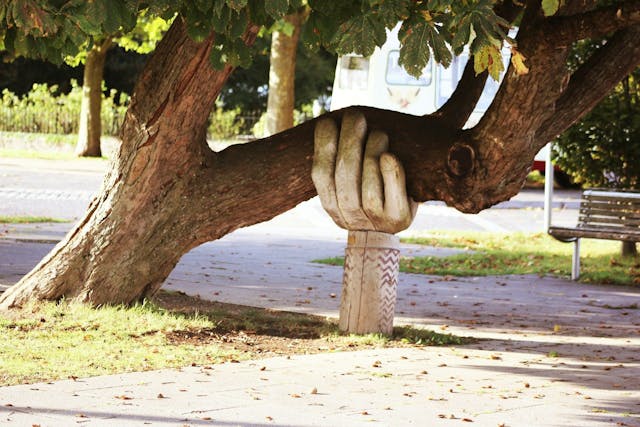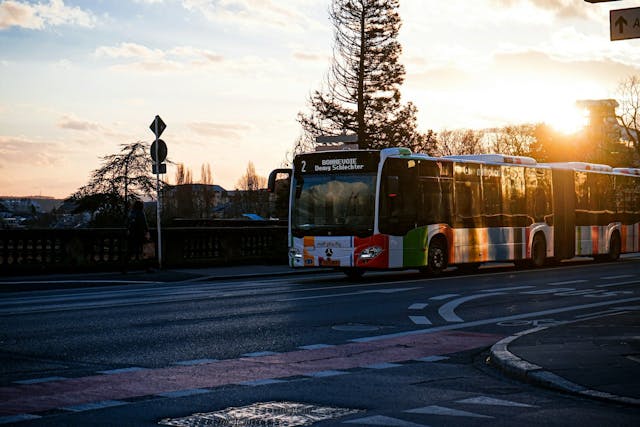Luxembourg is looking for a solution to noise pollution

alexey starki, Unsplash
On Monday, Luxembourg's city council gave the green light to a national plan to combat noise pollution. The decision was a rare example of political consensus: all factions, including the opposition, supported the City Hall's position, which was proposed by the Democratic Party (DP) and the Christian Social People's Party (CSV).
The discussion is based on noise from motor vehicles, trains and especially aeroplanes. Despite the current ban on night flights, flights continue to land at Findel Airport even after 23:00. At the meeting, the MPs noted: sanctions for violations do not actually work, and the data used is outdated and does not take into account the rapid population growth of recent years.
Socialist Maxime Miltgen (LSAP) emphasised that Luxembourg had not been properly involved in the working groups and therefore the city's interests were poorly reflected in the project. David Wagner (David Wagner, déi Lénk) recalled that talk of night flights has been going on for years, but "there is no improvement". His party even put forward a proposal to strictly limit night flights, but it was rejected. Today, the noise of aeroplanes affects about 84,000 residents, including those whose homes are directly under the flight path.
The position of Linda Gaasch (déi gréng) attracted particular attention. According to her, noise is not just a discomfort, but a direct threat to health. More than 50,000 people in the agglomeration can be categorised as "severely annoyed" due to the combined effects of road and aircraft noise. More than 25,000 report serious sleep disturbances, and studies have also documented the risk of cardiovascular disease: it is estimated that road noise alone is associated with at least 56 cases of heart disease each year.
However, none of the council members disputed the need for action. The national plans should be the framework for these measures, but, as Gaasch pointed out, the city itself also has a responsibility to be more supportive of the neighbourhoods most vulnerable to noise.





